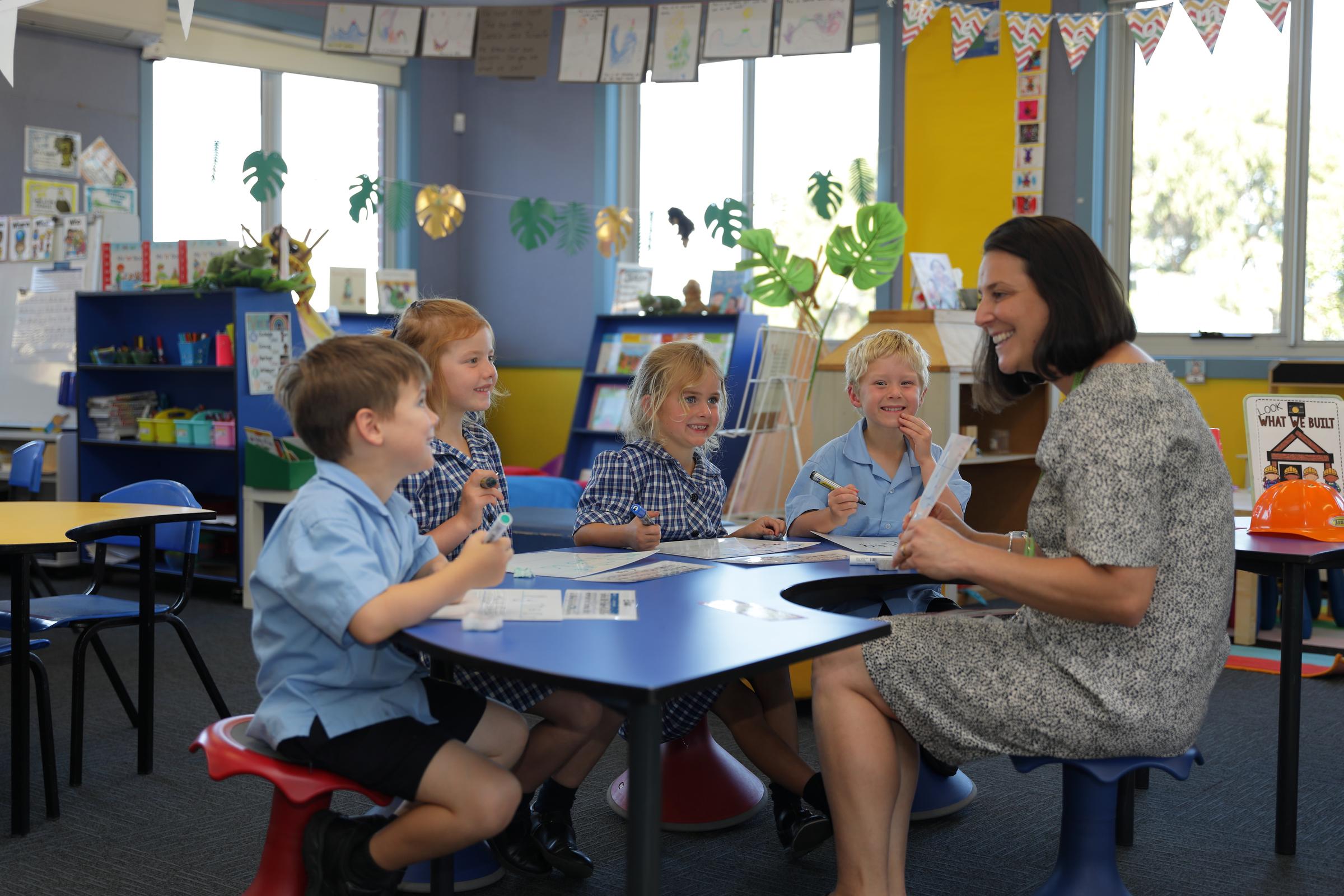Learning and Teaching

Dear Parents,
Welcome back to Term 4. We hope that you all had a relaxing break and enjoyed the great weather. We are looking forward to the busy term ahead.
As we contemplate the remainder of this year, it's time to consider how you as parents play a vital role in supporting your children's learning and how to develop your capacity by sharing very simple strategies with you.
Dr. Peter Gray, a research professor at Boston College and author of the book, "Free to Learn" discusses in his work the psychological and social importance of play and how its decline might correlate with an increase in stress and mental disorders among children and teenagers.
With the introduction of the new curriculum in Australia to integrate mental health into the classroom, parents will also have a pivotal role to play alongside teachers in the development of their children at home including and most importantly their mental health.
Here are some strategies for parents to use to support your children's mental health. Facilitating learning at home through easy to implement activities that foster self efficacy, improve focus, cognitive skills and encourage positive wellbeing!
Empower Parents Tips!
Small Tasks Lead to Larger Missions: If your child struggles to focus and is easily distracted, begin with small, manageable tasks like sorting the cutlery drawer or their clothes into categories. This builds foundational focus skills and gives them the confidence to tackle larger projects on their own.
The Art of Conversation: Ask your child to maintain eye contact during conversations. This can drastically improve focus, awareness, listening and attentiveness that helps them to listen more attentively at school.
Engaging with Puzzles: Puzzle games can not only entertain but also instil patience and concentration. They also provide opportunities for building resilience, following instructions or rules and learning how to cooperate with others.
Music and Focus: Ask children to listen to a song from start to finish, then discuss what they’ve heard - the words, instruments, shifts in the music tempo. This sharpens awareness, promotes attentive listening, relaying words or messages in the song and improves memory skills. This also encourages them to sing which is so good for their wellbeing!
Educational Car Rides: Turn a car ride to sport or family outings into an educational quest, seeking out various objects or landmarks as you go and describing them. This increases children’s awareness of their surroundings, improves observational skills and enables them to learn how to describe what they see. This also helps with perspective and verbal skills that help your child to develop important brain connections.
Have a great week.
Kind regards
Megan Barber
